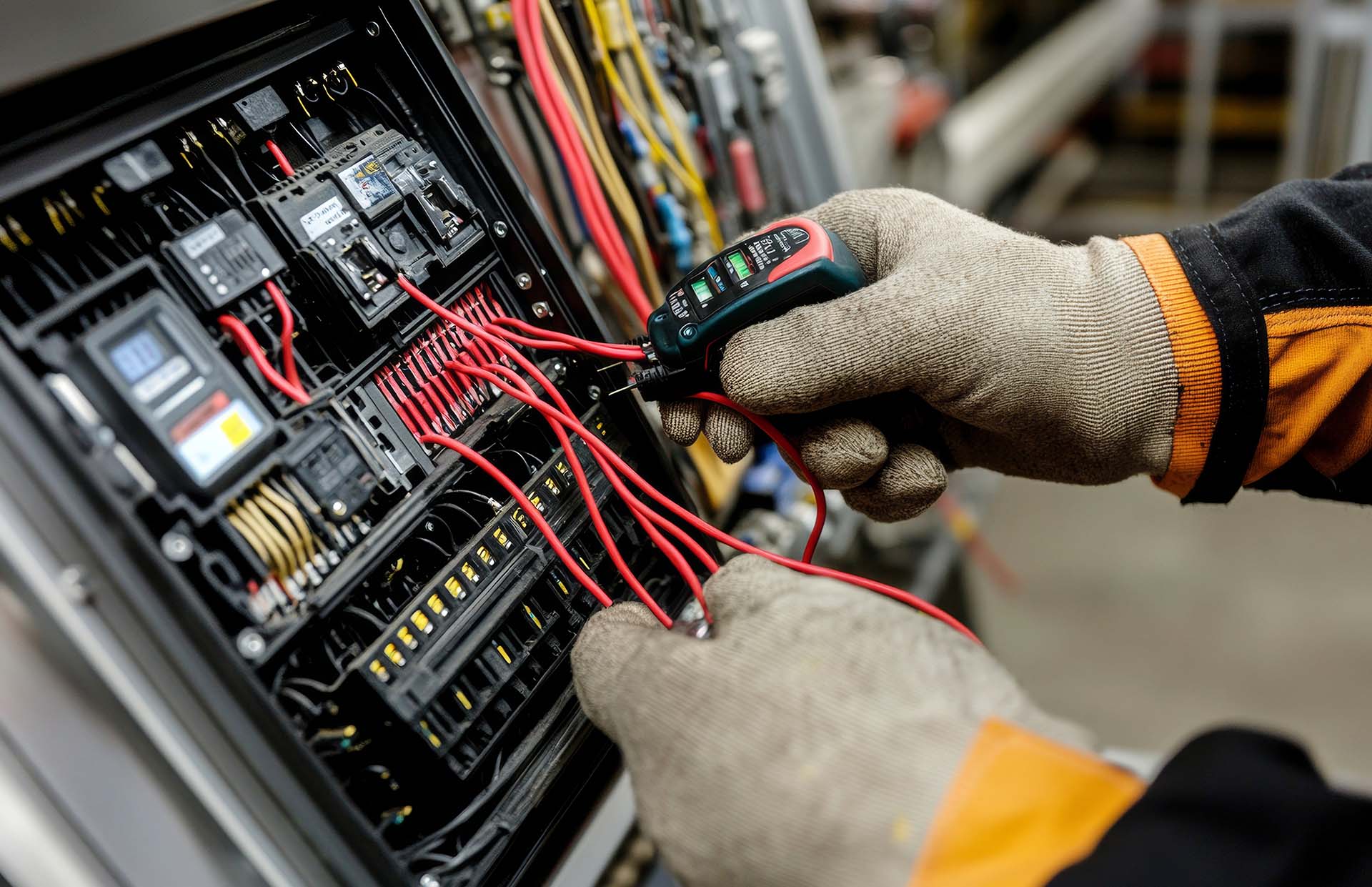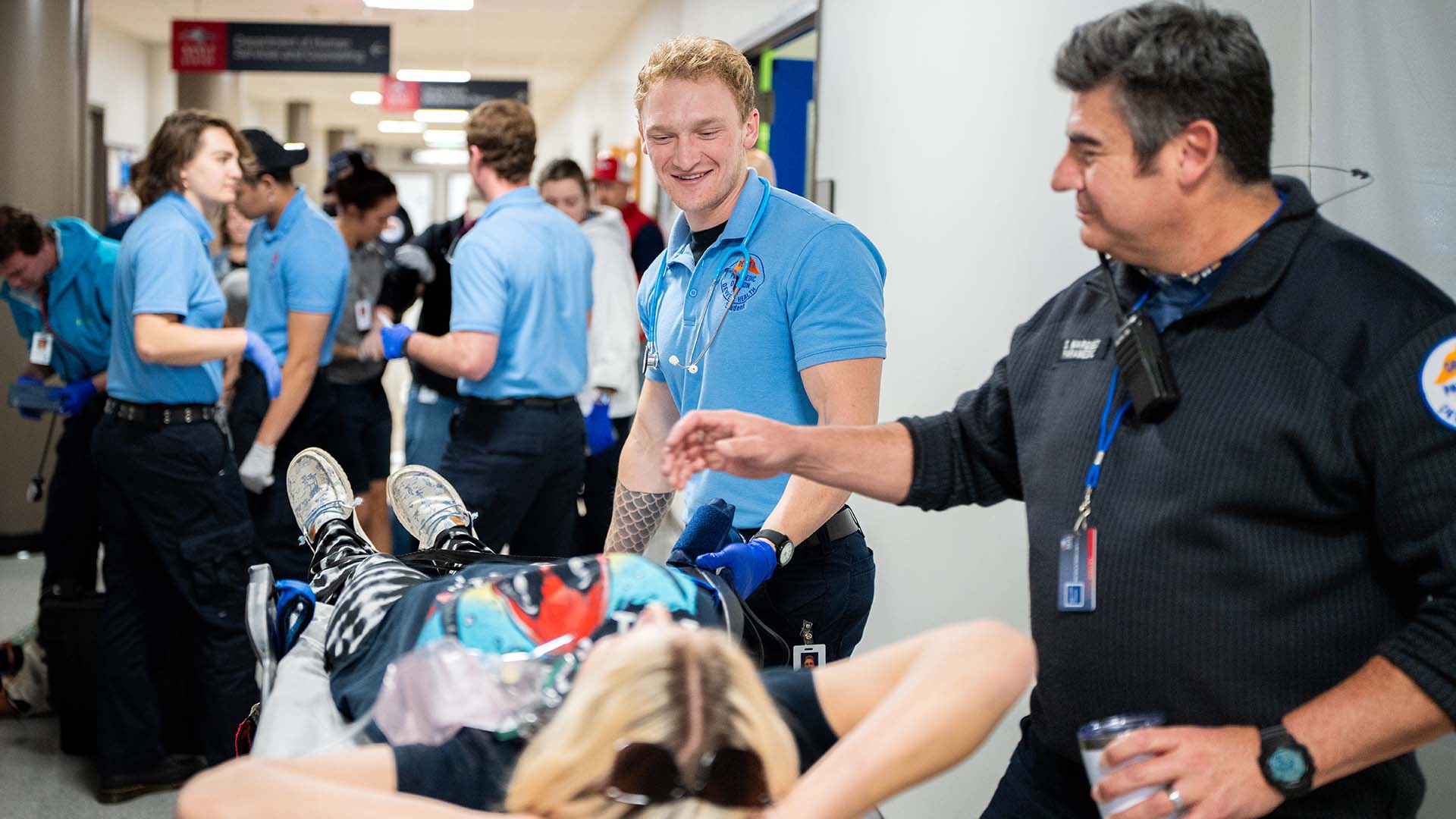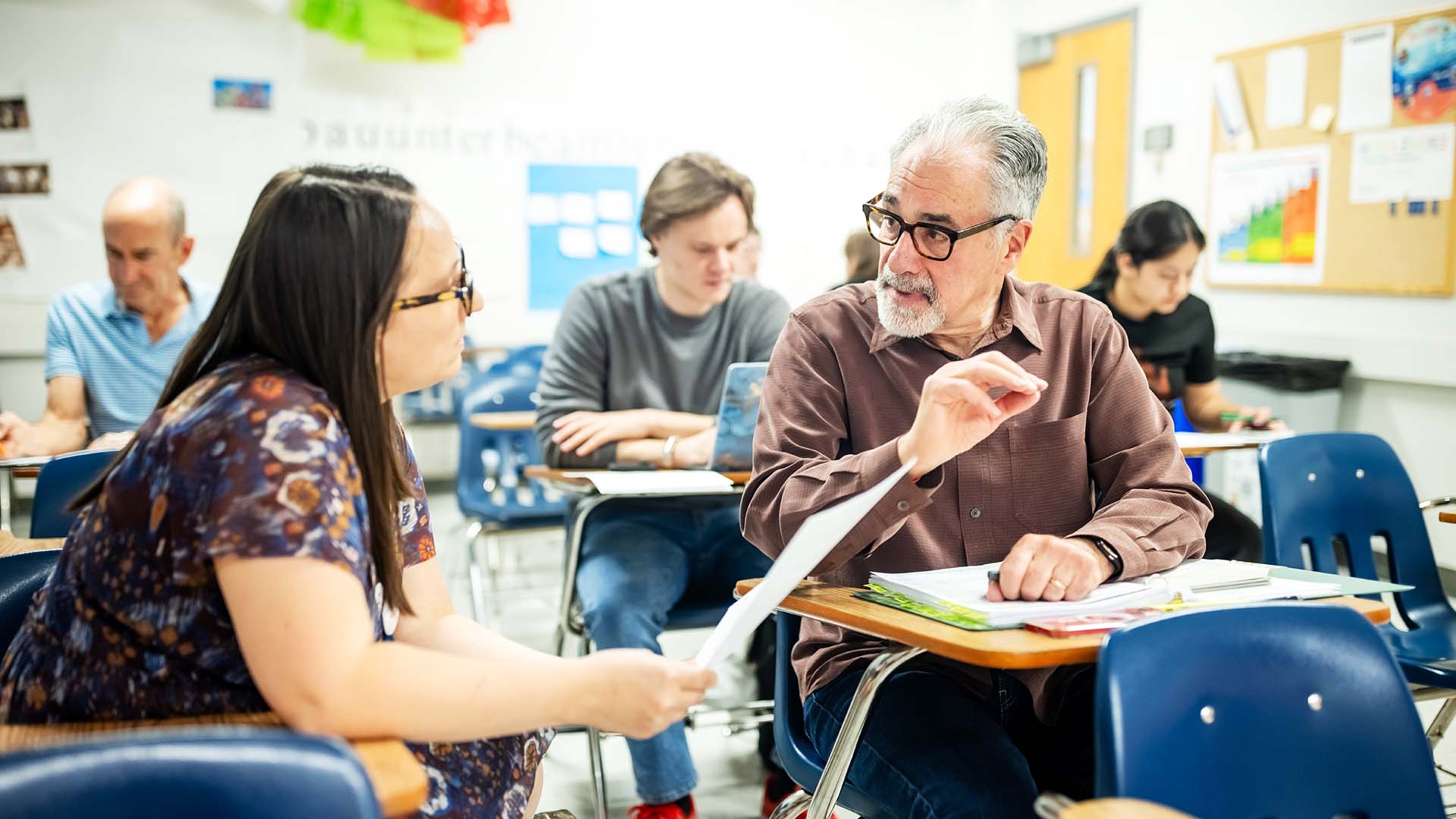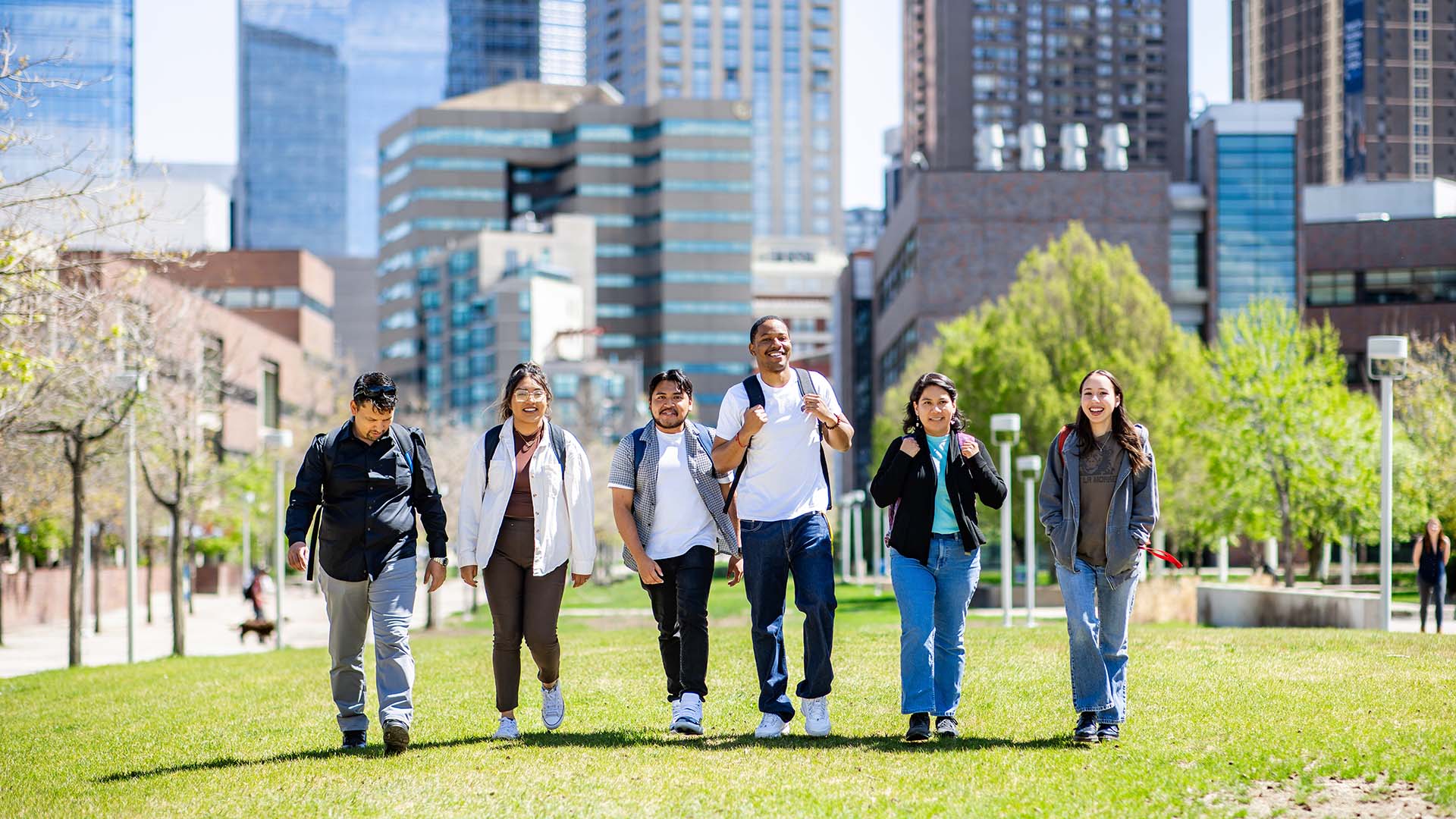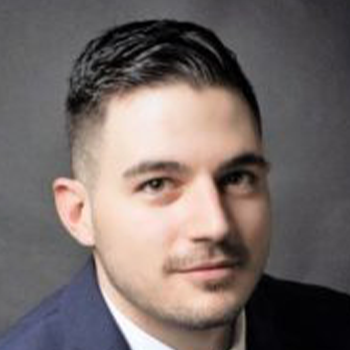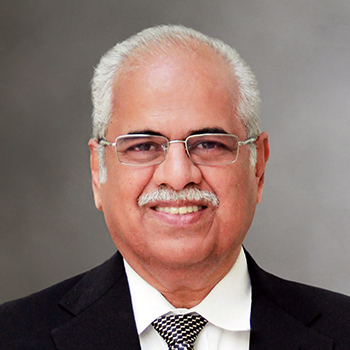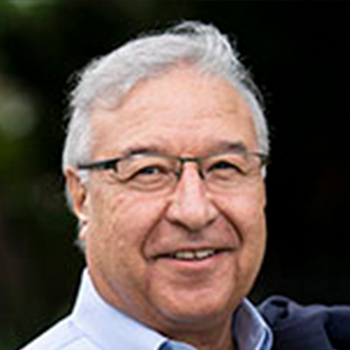Homecoming during COVID-19
With a global pandemic upending the century-old fall tradition, universities across the country are finding new, creative ways to celebrate and engage alumni.

With COVID-19 disrupting pretty much everything in higher education, some colleges are postponing or outright canceling the parades, parties and football games that have been at the heart of university homecoming celebrations in the United States for more than a century.
Other higher-ed institutions, however, are finding new, creative ways to move full steam ahead with the fall tradition that they deem critical to keeping graduates engaged with their alma maters.
For those not canceling or postponing celebrations, that engagement is moving online, and those going digital are excited by the engagement data they’re starting to see, said Brett Chambers, vice president of volunteer and member involvement for the Council of Advancement and Support of Education.
“With the move online, you’re likely able to reach a whole different, expanded group of alums outside of those who you rely on to physically return to campus,” he said, citing the Massachusetts Institute of Technology, UCLA and Villanova University as examples of institutions that have adapted well to this virtual space.
Add Metropolitan State University of Denver to the list of universities making the most of digital homecoming events, slated to kick off Monday.
Without a football program or on-campus living, MSU Denver has always taken a creative approach to Homecoming, said Brandi Rideout, director of Alumni Relations at MSU Denver. This year’s celebration, the Roadrunners Rise Homecoming experience, focuses on community service and cultivating inclusivity and school spirit.
The week starts with a day of service and sharing how Roadrunners Give Back. Each subsequent day provides opportunities for digital and in-person involvement including philanthropy, legislative advocacy and social justice.
“We’ve never been traditional – we don’t have the same culture of tailgating and dorm life,” Rideout said. “What we kept coming back to in conversations, though, was the Roadrunner spirit. We show up by taking care of each other and our communities.”
Those communities include 65,000 MSU Denver alumni who live within a 25-mile radius of campus, and “home” is a place that’s literally always close to their hearts, said Jamie Hurst, assistant vice president for Strategic Engagement at MSU Denver.
“For us, it’s about how to strengthen our connections and get involved with things that move us forward together,” she said.
This year’s mission-driven, digital approach is a far cry from homecoming’s roots in the Ivy League as far back as the 1870s, when rival universities Harvard and Yale attracted scores of graduates to annual football games. Indiana University planned a Gala Week of reunions and events in 1908 to “cement that wonderful college spirit.” Baylor University, the University of Illinois and the University of Missouri all lay claim to being the originators of the uniquely American tradition of homecoming at various events in 1909, 1910 and 1911, respectively.
“The alumni body is the keeper of the history and culture of an institution,” Chambers said. “They’re really the only constituency that remains constant over time. And homecoming is a central way to keep them engaged and active in this lifelong relationship with the institution.”
While the tradition remains prevalent nationwide, it will continue to evolve, he added.
Chambers anticipates that schools will eventually phase in-person elements of homecoming back to campuses but expects universities to embrace some combination of live and virtual events, even after the pandemic ends.
“Online is here to stay,” he said. “I think the hybrid model is going to be the dominant approach, post-pandemic. It’d be a missed opportunity if schools go back solely to the way it was.”
Rideout, who sees the commitment to community and one another as central to the MSU Denver experience, hopes to see this spirit continue as a point of pride and tradition.
“Whether it’s helping current students find jobs and internships or donating to the Food Pantry, our concept of coming home is so much more than just the physical space on campus,” she said. “It’s showing up for each other.”

